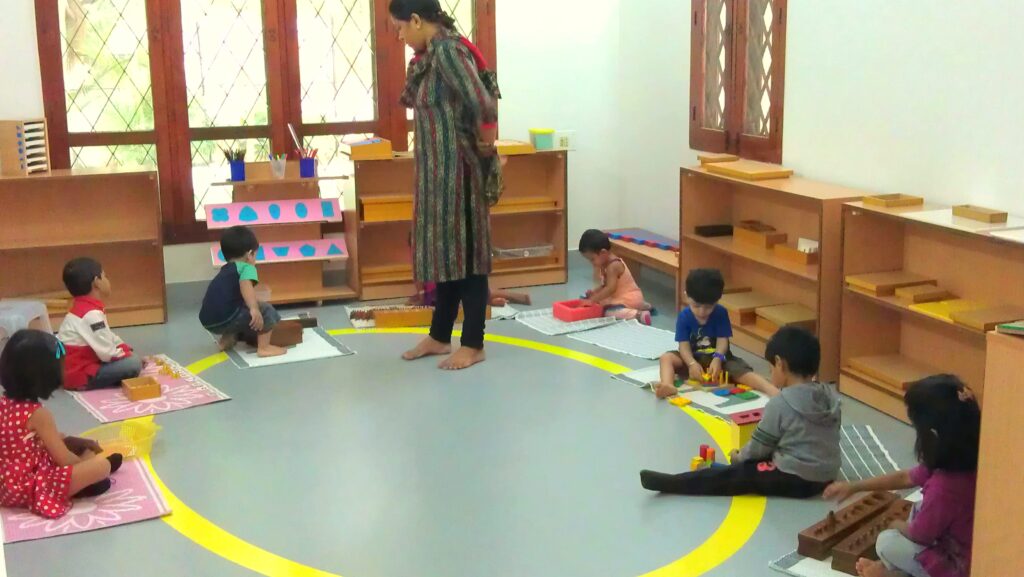
Discipline and Freedom in a Montessori Education
March 20, 2024
In Montessori education, discipline and freedom are seen as interconnected concepts that work together to support children’s development and promote a positive learning environment. Here’s how discipline and freedom are approached in Montessori:
- Freedom within Limits: Montessori classrooms provide children with freedom within carefully established limits. While children are encouraged to explore, choose their activities, and work at their own pace, they do so within a structured environment with clear guidelines and boundaries. This balance of freedom and structure fosters independence, responsibility, and self-discipline.
- Respect for the Child: Montessori educators deeply respect the child as an individual with unique needs, interests, and capabilities. Discipline in Montessori is based on mutual respect between the teacher and the child, where the teacher guides and supports rather than imposes authority. Children are treated with dignity, kindness, and understanding, which fosters a sense of trust and cooperation.
- Intrinsic Motivation: Montessori classrooms emphasize intrinsic motivation, where children are driven by their own interests, curiosity, and desire for self-improvement. Instead of relying on external rewards or punishments, children are encouraged to pursue activities that align with their natural inclinations and developmental needs. This intrinsic motivation fosters a sense of ownership, engagement, and joy in learning.
- Self-Discipline and Self-Regulation: Through their experiences in a Montessori environment, children develop self-discipline and self-regulation skills. They learn to manage their impulses, control their behavior, and make responsible choices independently. This self-directed approach to learning cultivates a sense of empowerment and autonomy in children, empowering them to take charge of their own learning journey.
- Conflict Resolution: Montessori classrooms provide opportunities for children to learn and practice conflict resolution skills in a supportive and respectful manner. Instead of punitive measures, children are encouraged to communicate openly, express their feelings, listen to others’ perspectives, and work towards mutually beneficial solutions. This collaborative approach to conflict resolution promotes empathy, empathy, and effective communication skills.
- Clear Expectations: Montessori educators establish clear expectations for behavior and social interactions in the classroom. Children are taught social norms, manners, and community values through modeling, discussion, and consistent reinforcement. By understanding the expectations and consequences of their actions, children develop a sense of accountability and respect for themselves and others.
Overall, discipline and freedom in Montessori education are not seen as opposing forces, but rather as complementary aspects of a holistic approach to child development. By providing children with a supportive environment that balances freedom and structure, Montessori education fosters the growth of confident, self-disciplined, and intrinsically motivated individuals who are capable of thriving in all aspects of life


